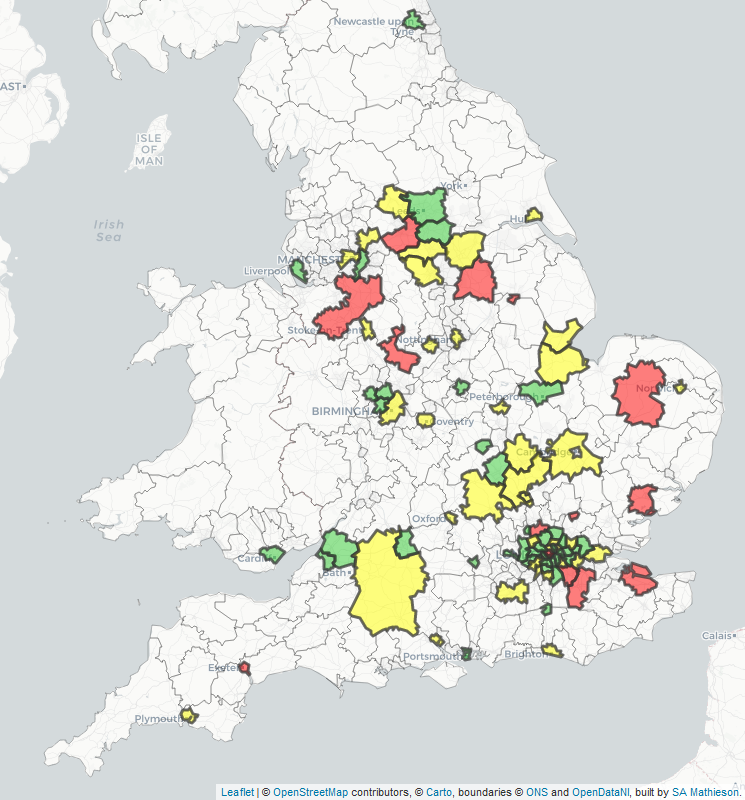Three weeks ago today, with two weeks of my data journalism module left to teach, Birkbeck announced that Covid-19 meant it was shifting immediately from face-to-face to online teaching. The good news was that it had software in place to facilitate this. The bad news was that I had no experience of using it and a guest lecturer booked for the following Tuesday.
It worked out fine, mainly because the Guardian’s data projects editor Caelainn Barr did such a brilliant job of explaining her work to her laptop rather than a group of students. Along with a further online class last week, some great Birkbeck training sessions and advice from David Thomas, I have had a crash course in teaching online.
As a result, my NUJ training courses First steps in freelancing on Friday 1 May and Winning and negotiating freelance business on Friday 15 May will take place online. They will include the same material, discussion and experience-sharing as usual, but rather than you coming to London, these courses can come to you via the increasingly-ubiquitous Zoom platform. The NUJ has reduced its usual prices, so the cost for First Steps in freelancing is £40 for full members and £30 for students.
If one or both of these courses sound useful, why not join me in acquiring some new skills?
Full details and booking for NUJ First steps in freelancing, 1 May
Full details and booking for NUJ Winning and negotiating freelance business, 15 May
This has also been published through my monthly newsletter. Sign up below.

